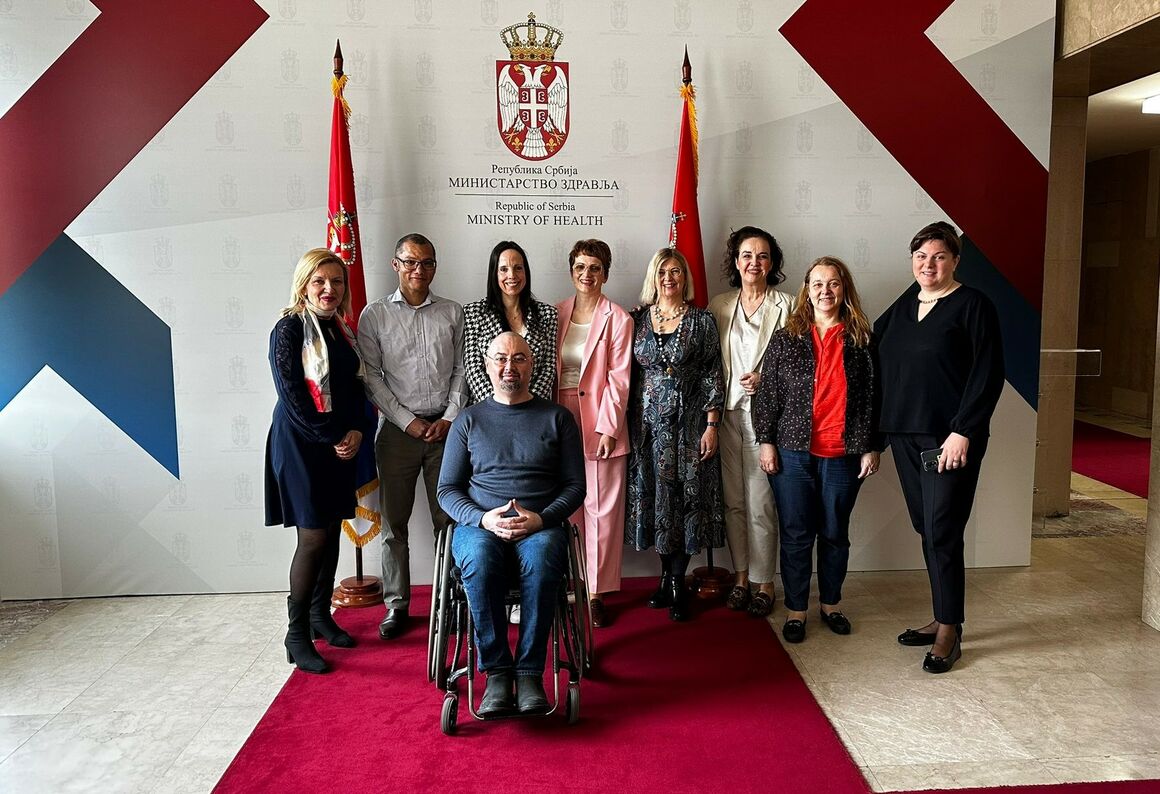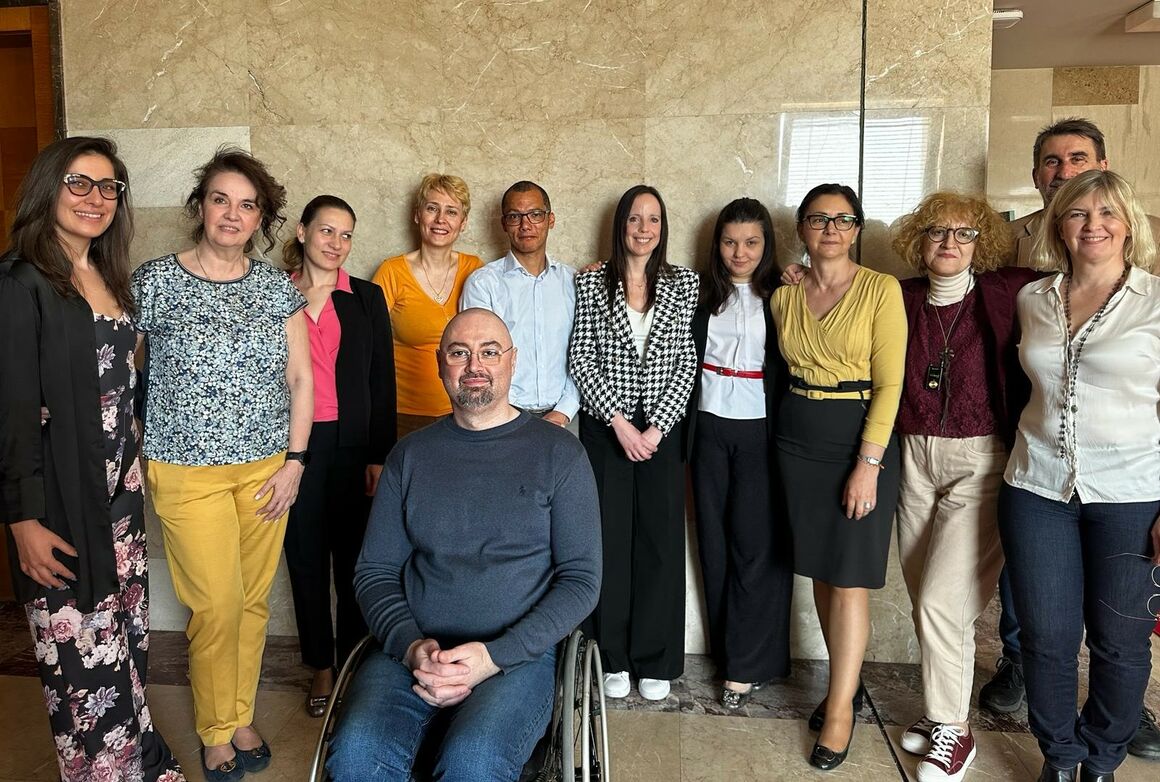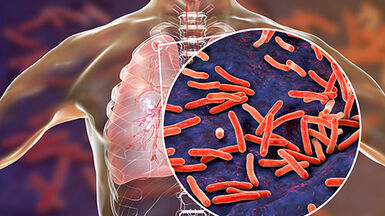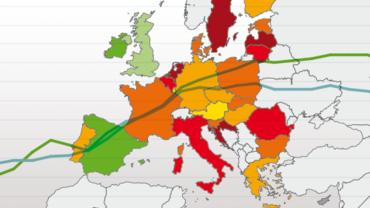ECDC completes technical visit to Serbia on communicable disease surveillance
In April, ECDC completed a technical visit to Serbia focused on strengthening the country's disease surveillance capabilities. The visit, spanning from 8 – 10 April, involved a review of the strengths, vulnerabilities, and needs of Serbia's surveillance systems and discussions on priority areas for further activities.

The ECDC team engaged with experts from the Institute of Public Health of Serbia ‘Dr Milan Jovanović Batut’ to focus on various aspects of disease surveillance, including data collection, quality assessment, management, analysis, dissemination, and outbreak detection.
During the visit, emphasis was placed on understanding Serbia's current surveillance structures, tools, and processes, while identifying opportunities for enhancement and improvement of implementation practices and standards of the EU acquis on serious cross-border health threats. The objectives included documenting strengths, vulnerabilities, and needs of the surveillance systems, and outlining potential action plans. In addition, a training session was heldon reporting data to ECDC, aimed at optimising reporting procedures.
The visit concluded with a debriefing session where preliminary conclusions were discussed, and future steps were outlined. Both the ECDC team and Serbian counterparts appreciated the mutually beneficial collaboration and stressed the importance of ongoing collaboration to align Serbia's surveillance capabilities with EU standards.
Julien Beauté, from ECDC, said “Serbia has been participating in EU surveillance for several years, making a significant contribution for some diseases, such as West Nile fever. We were very pleased to hear that Serbia is willing to contribute further. This will be beneficial for both Serbia and EU/EEA countries to help prevent and control infectious diseases in Europe”.

Background
The cooperation with the Western Balkans and Türkiye is reviewed, defined, and planned by ECDC through the network of officially nominated National ECDC Correspondents, especially during discussions in annual meetings.
ECDC, under the coordination of the National ECDC Correspondents, has been working with national authorities in EU enlargement countries (Albania, Bosnia and Herzegovina, Kosovo*, Montenegro, Serbia, North Macedonia, and Türkiye) to support and strengthen their capacity for their future participation in ECDC. In the framework of ECDC technical cooperation activities supported by the European Commission under the consecutive projects financed from the Instrument of Pre-accession Assistance (IPA), representatives from the countries participate as observers in ECDC activities, meetings, networks, and technical discussions related to epidemic intelligence, threat detection, communicable disease surveillance and control, preparedness, and response.
*This designation is without prejudice to positions on status, and is in line with UNSCR 1244/1999 and the ICJ Opinion on the Kosovo declaration of independence.







